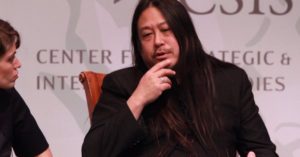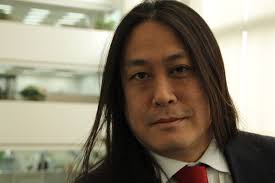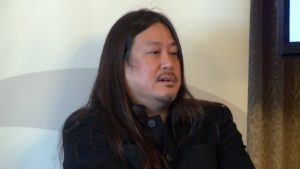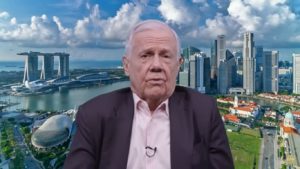
A decade ago, China launched its ambitious “Made in China 2025”. And while the phrase has disappeared, the industrial ambitious have no, writes China veteran Kaiser Kuo at the World Economic Forum. Today, that strategy appears to be entering a new phase — one we might call “Made in China 2.0,” he says.
Kaiser Kuo:
Launched a decade ago, “Made in China 2025” appeared to many as the emblem of China’s vaulting industrial ambitions: a state-driven roadmap to catapult the nation from the world’s factory floor to the apex of advanced manufacturing.
Though the slogan itself quietly vanished from official Chinese discourse under international scrutiny, the underlying agenda never did. Instead, its objectives evolved, were rebranded under banners like “dual circulation” and “high-quality development,” and ultimately seeped into the marrow of China’s industrial strategy.
Today, that strategy appears to be entering a new phase — one we might call “Made in China 2.0.” While it lacks a formal label, its contours are increasingly clear: an AI-augmented, green-energy-powered, self-reliance-oriented transformation of the world’s most formidable industrial base. In everything from electric vehicles and solar panels to humanoid robots and enterprise-grade AI systems, China is defining the terms of competition.
This transformation is unfolding amid profound global shifts. Fragmenting supply chains, rising techno-nationalism, and concerns over overcapacity have created a contested landscape for global manufacturing. Yet within that turbulent context, China has continued to expand its industrial and technological footprint. The question is no longer whether China can innovate, but what kind of innovation ecosystem it is building — and whether it might constitute an alternative paradigm to the liberal market model.
More at the World Economic Forum.
Kaiser Kuo is a speaker at the China Speakers Bureau. Do you need him at your meeting or conference? Do get in touch or fill in our speakers’ request form.
Are you looking for more strategic experts at the China Speakers Bureau? Do check out this list.












